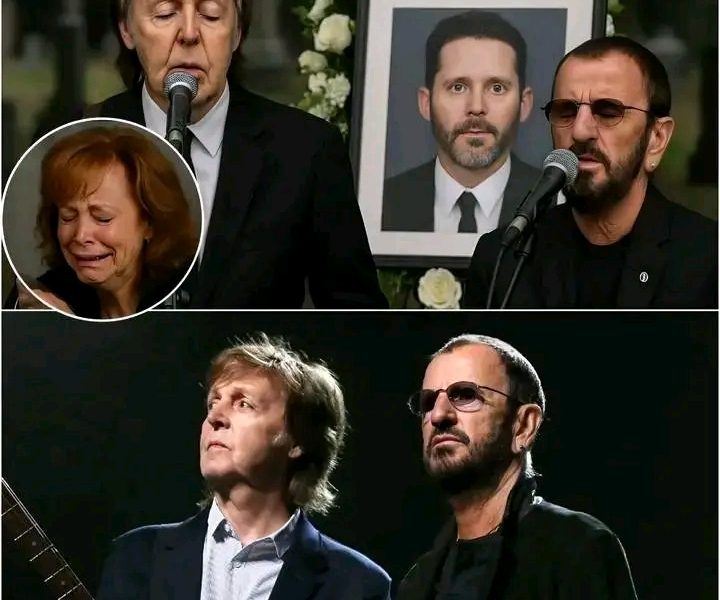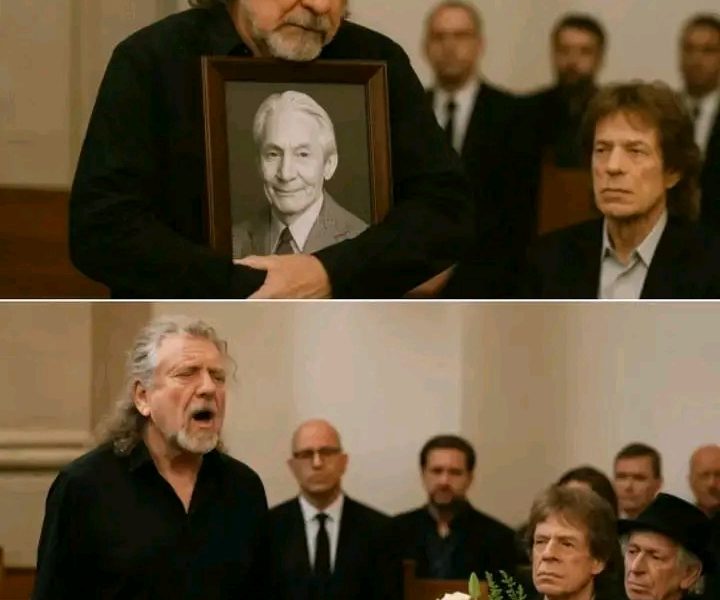Jimmy Page just stepped on stage for the first time in 8 years—and it wasn’t just a performance, it was a moment burned into rock history. Covering Link Wray’s Rumble at the Rock and Roll Hall of Fame, he turned a simple guitar instrumental into pure electricity—haunting, bold, and full of soul. At 79, he didn’t just play—he owned it. The swagger, the tone, the quiet fire in his eyes. No one on Earth has ever looked this damn cool doing it. Zeppelin lives on. Jimmy’s still the king..
At 79, Jimmy Page walked onstage for the first time in eight years—and in that moment, time folded in on itself. It wasn’t just a performance; it was a seismic event in rock history. With a black Les Paul slung low, a quiet fire in his eyes, and that unmistakable silhouette, Page channeled the ghost of rock and roll’s past while electrifying its present.
The setting: the Rock and Roll Hall of Fame induction ceremony. The song: Link Wray’s “Rumble”—an instrumental known for its raw simplicity, power, and attitude. In Page’s hands, it became something else entirely. He didn’t just play it. He possessed it. Every note rang out like a summoning spell, conjuring ghosts of amps and alleyways, broken strings and backroom swagger. The audience stood frozen—half in reverence, half in disbelief.
What made the moment so transcendent wasn’t just the technique—though it was razor sharp, perfectly unpolished in the way only Page can master. It was the presence. The cool, effortless control. The way he leaned into each bend and slide as if the guitar were an extension of his own breath. At an age where most legends retreat into mythology, Jimmy reminded us that he is the mythology. The riffs didn’t just echo from his fingers—they poured out of history, draped in reverb and attitude.
No vocals. No theatrics. Just a man, a guitar, and the DNA of rock itself vibrating through every chord.
There was something almost spiritual in the air—like the room knew it was witnessing more than a cover. Page wasn’t honoring Wray; he was standing shoulder to shoulder with him in the pantheon. “Rumble” became a statement. About legacy. About defiance. About how true rock and roll never really grows old—it just grows louder.
And in those three minutes, Zeppelin lived again. Not through nostalgia, but through raw, immediate power. Jimmy Page didn’t need a full band, a reunion, or a word spoken. He just needed his guitar and that slow, confident walk to center stage. A legend came back to life—not as a tribute, but as a king reclaiming his throne.
Long live the riff. Long live Jimmy Page.

